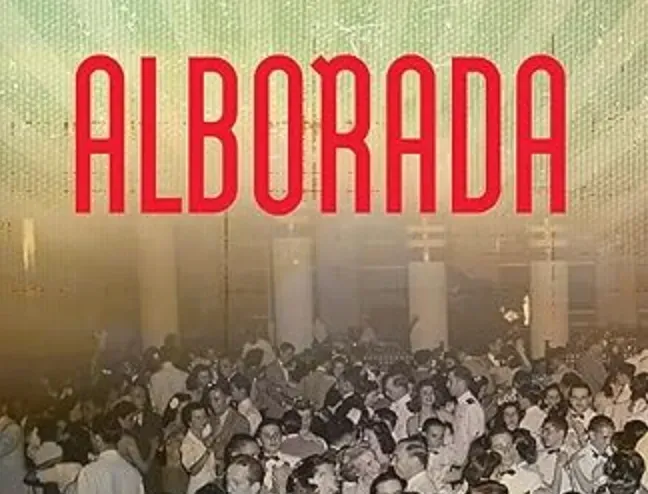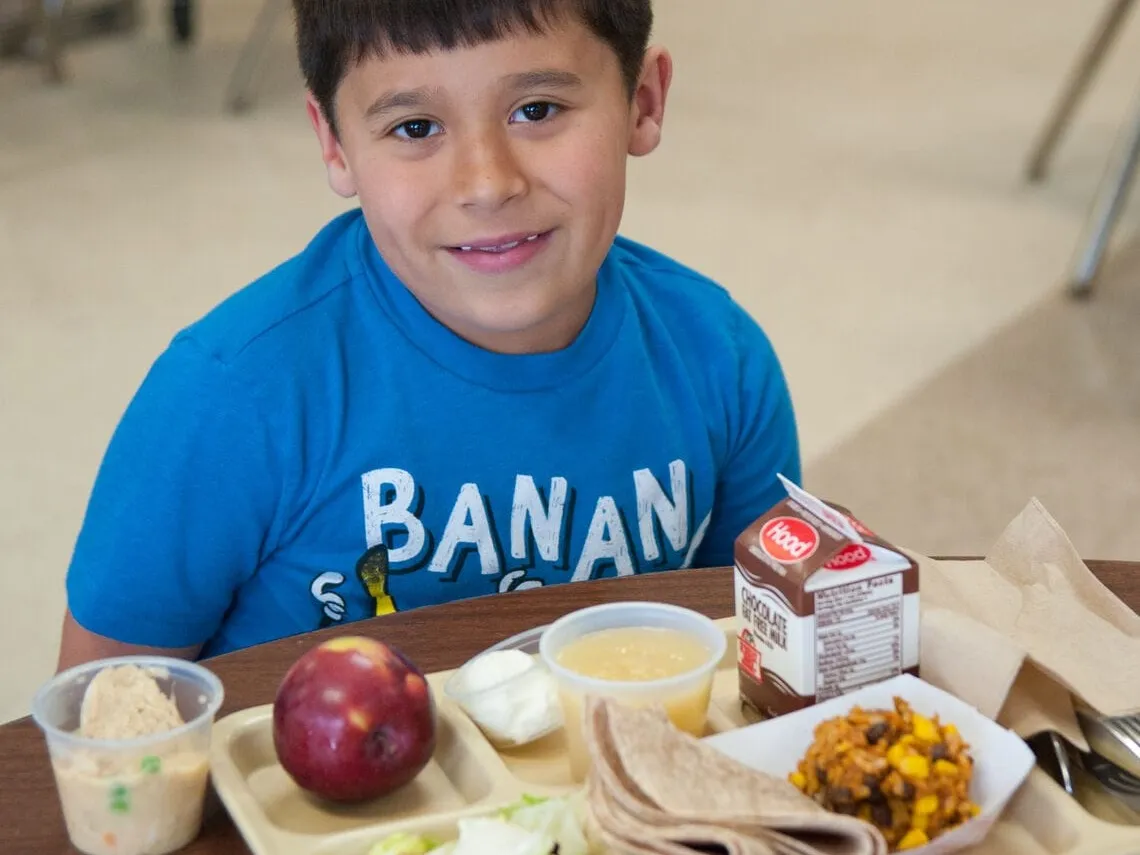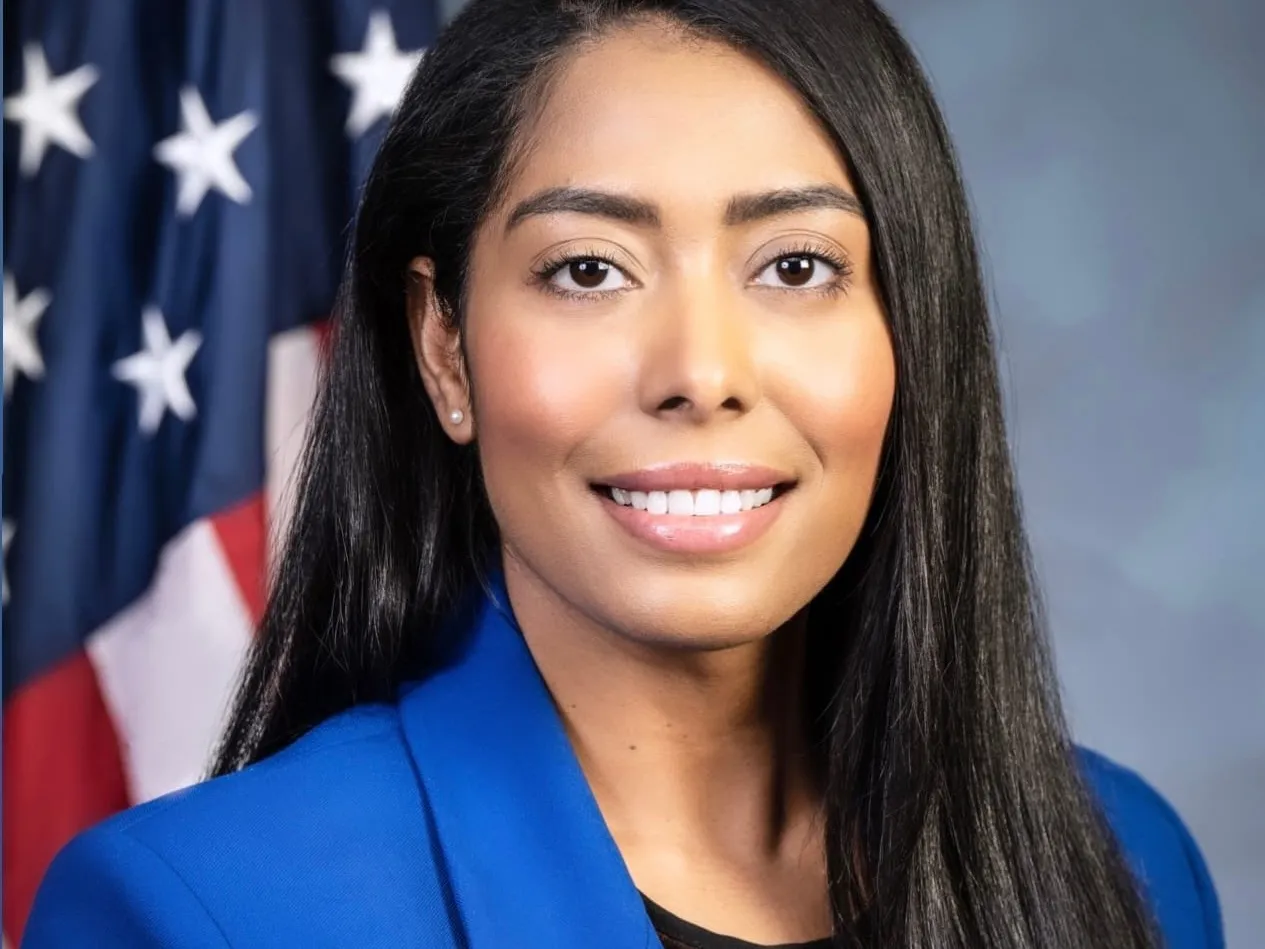Last week the lives of many gays and lesbians have changed with the repeal of the «DonÂ’tÂ’ Ask DonÂ’t Tell». And just like many others, I am thrilled that this finally happened. The day the repealed passed to history, I read so many stories of different individuals and how their lives would change being able to express themselves freely.
The DADT repeal is a huge step towards LGBT equality but there is a long way to go. In some states LBGT people can marry their spouses but there is no legal avenue for them to stop them from being deported or allowing them to migrate to the United States, which is why we need to repeal the Defense of Marriage Act which stops many US citizens from petitioning for their loved ones. The United American Families Act has been stalled in Congress and it is a piece of legislation that is long overdue. And for the queer undocumented youth, we must pass the DREAM Act that allows them to fulfill their education dreams. Some of these young men and women have to live in the shadows to a whole new level: One, for being gay and fearing that when they will come out they will not be accepted in society. And then, just being undocumented simply stops them from so many things Â- no driverÂ’s licenses, at times, not even a form of identification so they can meet other people in their gay community, and of course fearing that they will be deported simply for trying to find a job.
Oftentimes being gay parallels with being an undocumented person. We are discriminated against and we have to fight for our rights when other people make decisions on our human rights.
I know what if feels to be an undocumented student because I was one before being granted asylum in the United States. Oftentimes, I had to lead a double life with even some of my best friends because I felt embarrassed about my immigration status and always wondered whether one day I would be able to join my French class classmates on trips outside the country to Canada or whether I should even bother to take driverÂ’s education in high school when I knew that there would be barriers for me to obtain a license. In addition, IÂ’d always have to wonder what would happen for simply trying to find a job.
Similarly, being a gay Latino young man forced me to hide who I really was having been raised Catholic. It has been a hard obstacle to overcome. Most of my family, who is very religious, believes that the love between two men or women is repulsive based on religious intolerance thinking that the behavior itself is sinful. And of course, there are many institutionalized cultural backgrounds in the Latino community against homosexuality. There is no damage or danger that we posses to the community and the love between two men or women, who deeply feel for one another does not affect other people in their lives.
Today, IÂ’m a fortunate homosexual young man that is lucky to be here in the United States. Even though I was here without documentation, over time this country became my home. I love and value so much our freedoms, our sports, our fashion, our gastronomy, and our culture.
The gay, lesbian, bisexual, transgender and undocumented immigrant communities share the same set of challenges and the same hopes and dreams to achieve full equality. ItÂ’s time for the immigrant and LGBT communities to work together on our common struggle for civil rights.
Mario Rodas was born in Guatemala. He currently serves as on the Board of Directors at the Student Immigrant Movement and is a diversity co-chair in New England Human Rights CampaignÂ’s steering committee.





